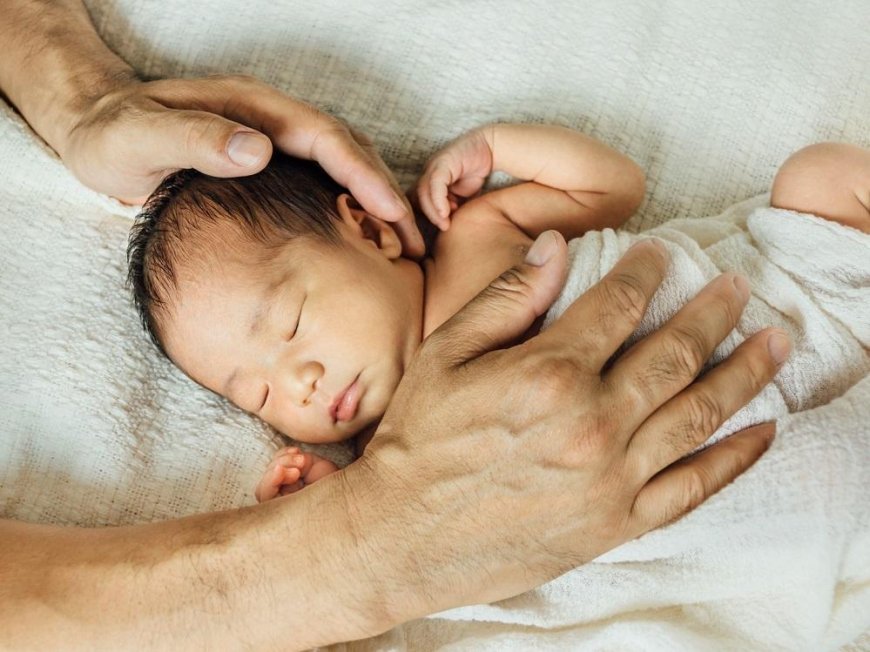How to keep your baby weight under control
games because they are bored, but soon these activities become a real addiction. How to keep your baby weight under control.

Both children and parents are looking forward to the end of the school year and the beginning of the holidays. But when the holidays come, children often do not know what to do. Most often, their entertainment is a TV or computer. Children watch TV or play computer games because they are bored, but soon these activities become a real addiction. How to keep your baby weight under control.
Watching movies or TV shows rarely goes without snacks. Children crunch chips or popcorn in front of TV screens, and for parents it becomes a cause for concern. They often think: œMaybe our child is to blame for such a diet? Maybe we're doing something wrong? Indeed, children often borrow from their parents the habit of eating in front of a TV screen. Therefore, parents themselves must follow the rules of healthy eating before teaching their child.
A healthy lifestyle, to which parents seek to accustom their child, involves weight control. Consider tips to help parents in this process.
How to teach a child to control their weight
To control his weight, the child first of all needs physical activity. There are several ways to achieve this. Use them - and your child will not only be physically active, but also have fun.
- Walks in the fresh air
The child should know: life is not limited to the Internet and computer games. Many of us have bad habits from an early age, not parting with them in adulthood. Children watch us and adopt our habits. But adults often forget that their childhood did not have the Internet and mobile phones. Therefore, it is quite possible for them to teach children how to have fun without these tools. Teach children to walk more outdoors, play football and other moving games. This will help children strengthen muscles, lose weight and have fun.
- Summer camps
Nowadays, summer camps for children are becoming more and more popular. For the most part, they are designed to distract children from computers and televisions, instead offering them an interesting alternative. There are camps where children are taught foreign languages, dances, various sports and many other activities. Due to this, physical activity accompanies all the free time of children, which, in addition, they spend for their own benefit.
Must Read: Summer team games for kids
It often happens that a child, fascinated by the activities he was taught in the camp, tries to learn more about them, and sometimes even connects his future profession with them. But even if that doesn't happen, you'll find that your child has learned to spend time more efficiently.
What foods should be avoided?
When your child is physically active enough, it's time to develop healthy eating habits. First of all, children need to understand what moderation in nutrition is. And here, too, in many ways parents are an example for children. If you overeat often, eat constantly between meals, do not eat at the same time, children are likely to do the same. These habits need to be controlled. But before you teach this to your child, establish control over such habits yourself. Don't keep a lot of fast food and other junk food in the house, because such food will increase the temptation for the child. It is better to always have fresh fruit and other healthy foods on hand in case she wants a snack. This will help her better control her weight.
Balanced nutrition
Make it a habit to have dinner or breakfast with the whole family. Make sure there are always enough vegetables (raw, cooked or fried), milk, protein-rich cereals, etc. on the table. Make sure all members of your family get enough protein and carbohydrates, a small amount of fat.
It is very important for a child to drink enough water. However, this can be difficult to achieve: in summer we feel thirsty and drink more, in winter we need only a few sips of water to drink. We don't realize how much water we really need. Therefore, it is important to always have drinking water on hand: the child will be able to drink as soon as he feels thirsty.
